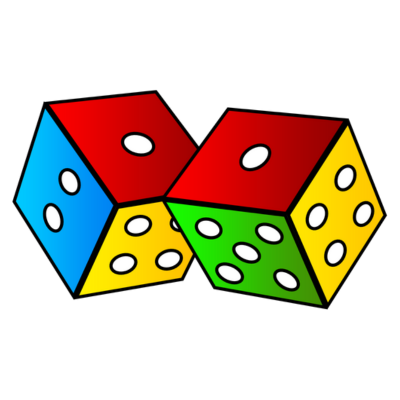Introduction
The gaming industry has always been at the forefront of technological evolution. With blockchain technology gaining momentum, it is transforming how games are developed, played, and monetized. For businesses looking to harness this technology, our blockchain game development services offer comprehensive solutions tailored to modern gaming needs. Ludo, a classic board game that has transitioned successfully into the digital space, is no exception to this revolution.
Blockchain enables developers to create more secure, transparent, and decentralized gaming experiences. From introducing NFT-based in-game assets to facilitating secure transactions and implementing smart contracts for fair gameplay, blockchain is setting a new benchmark for Ludo game development.
In this article, we will explore how blockchain technology is reshaping Ludo game development in 2025 and what trends developers and gaming enthusiasts should watch out for.

1. Decentralized Gaming Ecosystem
Traditional online Ludo games rely on centralized servers that store player data, process transactions, and control gameplay mechanics. However, this model often leads to issues such as server crashes, security vulnerabilities, and lack of player ownership over in-game assets.
With blockchain, developers can create decentralized gaming ecosystems where game data is stored across multiple nodes instead of a single central server. This ensures –
- Greater Security – No single point of failure makes it difficult for hackers to manipulate the game.
- Player Ownership – Blockchain enables players to own digital assets and trade them without interference from game publishers.
- Transparency – All game-related data, including transactions and gameplay outcomes, are stored on an immutable public ledger, ensuring fair play.
2. NFT Integration in Ludo Games

- Exclusive Game Pieces & Boards – Players can buy, sell, and trade unique digital tokens that represent game tokens, dice, or even virtual boards.
- Player Achievements & Rewards – Special edition NFTs can be awarded to players for reaching milestones, making the game more engaging.
- Monetization Opportunities – Game developers can introduce NFT-based in-game purchases that allow players to customize their gaming experience while generating revenue.
3. Secure and Transparent Transactions
In traditional gaming models, players often face issues such as fraudulent transactions, delayed payments, and high transaction fees when purchasing in-game items.
Blockchain technology eliminates intermediaries and enables instant and secure transactions using cryptocurrencies or stablecoins. This benefits both developers and players –
- Low Transaction Fees – Traditional payment gateways charge high processing fees, whereas blockchain transactions reduce these costs significantly.
- Instant Payouts – Players and developers can receive funds instantly, eliminating delays in withdrawals.
- Fraud Prevention – Blockchain transactions are immutable, meaning they cannot be altered, reducing the risk of chargebacks and fraud.
Some Ludo games have already started incorporating crypto-based wallets for seamless payments, and this trend is expected to grow further in 2025.
4. Smart Contracts for Fair Play
- Dice rolls are completely random and cannot be manipulated.
- Winnings are automatically transferred to the rightful player.
- Players can verify the game’s fairness by checking smart contract codes on the blockchain.
5. Play-to-Earn (P2E) Mechanism
Play-to-earn (P2E) gaming is a rising trend where players can earn cryptocurrency or NFTs by participating in games. In blockchain-powered Ludo games, P2E models can be implemented through –
- Daily Challenges & Tournaments – Players can earn crypto rewards for competing and winning games.
- Trading In-Game Assets – Players can buy and sell NFT-based game pieces and boards for real-world value.
- Earning Royalties – Creators of unique Ludo game assets can earn royalties every time their NFTs are resold.
P2E models not only increase player retention but also open new revenue streams for game developers.
Develop a High-Quality Ludo Game Today!

Conclusion
Blockchain technology is revolutionizing Ludo game development, offering a secure, transparent, and engaging gaming experience. By integrating decentralization, NFTs, smart contracts, secure transactions, and Play-to-Earn (P2E) models, developers can create next-generation Ludo games that captivate a global audience.
With blockchain adoption surging in 2025, partnering with a game development company specialising in blockchain integration ensures your Ludo game remains competitive and innovative. From secure in-game asset ownership to rewarding gameplay mechanics, blockchain-powered Ludo games are set to redefine the future of digital board gaming.



